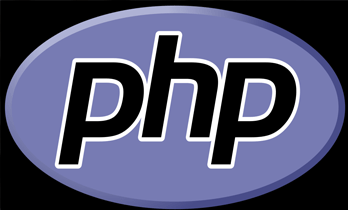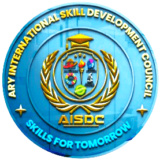Master PHP: Your Easy Guide to Web Development

About Course
Dive into the world of PHP with our simplified course! Whether you’re a beginner or looking to refresh your skills, we’ll guide you through the basics and beyond. From understanding PHP syntax to building dynamic web applications, this course covers everything you need to know to become proficient in PHP development. Get ready to unleash your creativity and build powerful websites with PHP! Div into the world of PHP with our simplified course!
Course Content
Module 1: Introduction to PHP
Module 2: PHP Functions and Forms Handling
Module 3: PHP and Databases
Module 4: Advanced PHP Topics and Project
Student Ratings & Reviews

No Review Yet
